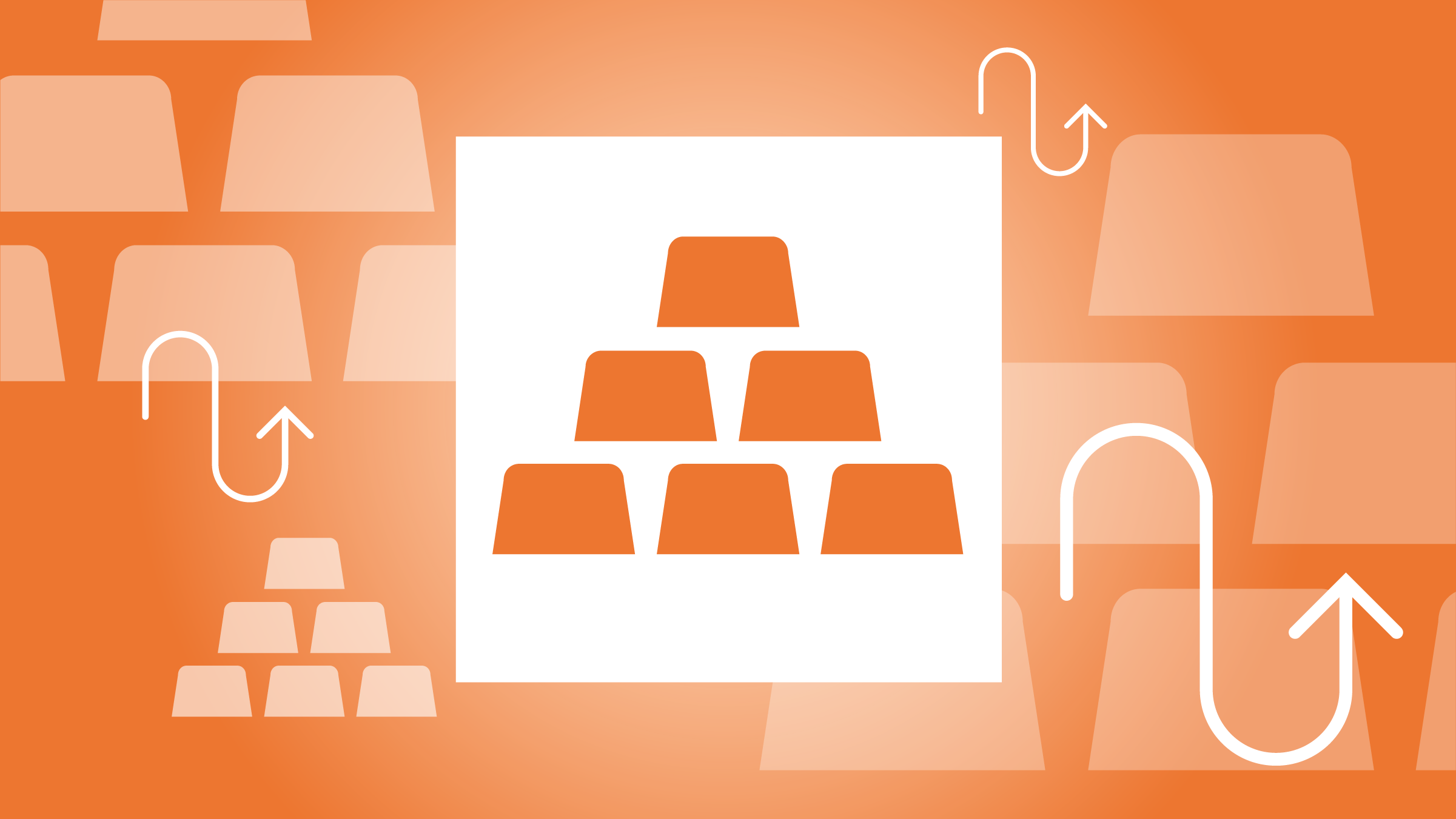Ruth Saldanha: It's week three of Financial Literacy Month here in Canada. And this week we focus on how you can take charge of your finances and make your money work for you. Karen Wallace, Morningstar's Director of Investor Education, is here today to tell us how to do just that.
Karen, thank you so much for being here today.
Karen Wallace: Thanks for having me, Ruth.
Saldanha: Does it make sense to invest as early as possible?
Wallace: It absolutely makes sense to begin investing as early as possible. Because, you know, if you start when you're 20, as opposed to starting when you're 30, or even 40, you don't have to invest as much and you have a longer period of time in the market for the money that you invest to compound, which means that the markets doing sort of heavier lifting for you. And you'd be amazed at how big a difference it makes starting 10 years earlier compared to 10 years later in the final outcome. So, it really does make a difference. Time is a very powerful financial investing tool.
Saldanha: How does compounding work?
Wallace: Well, compounding is, it's interesting because, it's like your money grows – the interest on your money also earns interest. So, it's not like sort of a linear growth. It's more of an exponential growth. And there's ways to illustrate this. If you fold a piece of paper 42 times, it would reach the moon. You can't really conceive of that. You think I fold the paper in half and half again. You can't really fold it more than eight times. But if you could, that's how exponential growth works. And it's kind of surprising when you see it.
Saldanha: Is compounding always good or does it work the other way as well?
Wallace: It doesn't always benefit you. Like as you're saying, it depends on what side of the ledger you have it on. If you have it on the liability side, meaning you have a high interest credit card debt, say you have, you know, $6,000 on a credit card with a 17%, 18% interest rate, that's going to compound pretty fast. And you'll find that everything you bought on that credit card, you paid maybe 1.5 times more than you thought you did for it at the end of the day. That balance is growing fast. Whereas your investment balances, that's where you want the compounding, that's where you want that sort of growth to work in your favor.
Saldanha: Thank you, Karen. Next week, we'll talk about debt and how to deal with it and how not to get pulled under. For Morningstar, I'm Ruth Saldanha.






.jpg)










